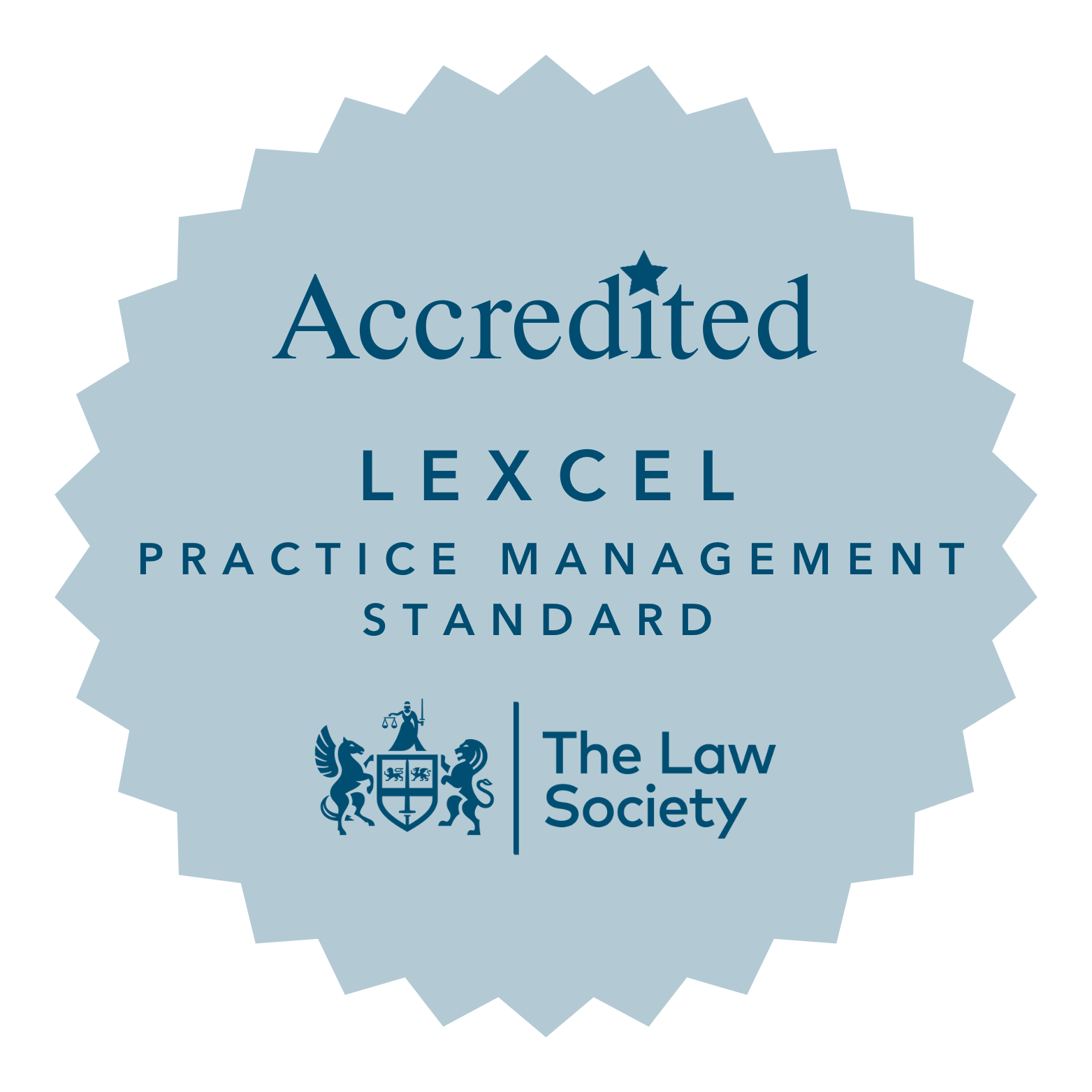Should I have a Shareholders Agreement?
Many limited companies elect to put together a ‘shareholders agreement’ when their company is incorporated. For some companies, they are a requirement depending on the registration requirements, but for others, they can be entered into at any time.
In any event, a shareholders’ agreement, if properly drafted, will be fundamental in governing how the company is managed, controlled and run. They assist in providing clarity and an extra layer of enforceability in connection with the articles of association, and they can also be used as a vehicle to preserve confidentiality if correctly drafted.
What can my Shareholders’ Agreement do?
Examples of matters that are commonly included in shareholder agreements include:
- Appointment of directors;
- Establishing what major company decisions require shareholder approval;
- Preventing issue of shares without shareholder approval;
- Setting out the process for withdrawal from a company as a shareholder;
- Dictate how dividends are to be paid and on what terms; and
- Set out restrictive covenants applicable to shareholders (e.g. if a shareholder with particular expertise is brought on board he may covenant not to use that expertise for any other company)
Why do I need one?
As a party to a shareholder agreement in which some of the terms above have been breached by another shareholder, you might find yourself subject to losses as a result. The shareholder agreement is a form of contract, and so under the contract this would give you a right so sue for damages under breach of contract, provided that you can prove that the breach was a reasonable cause for the loss.
How can Askews help you?
We have a team of experience commercial solicitors and lawyers who can assist with any commercial or commercial property issues. For further advice or to obtain a quote, please contact Kuljeet Sandhu, Head of Commercial Property at Askews Legal LLP.
E: KSandhu@askewslegal.co | T: 024 76 231000









